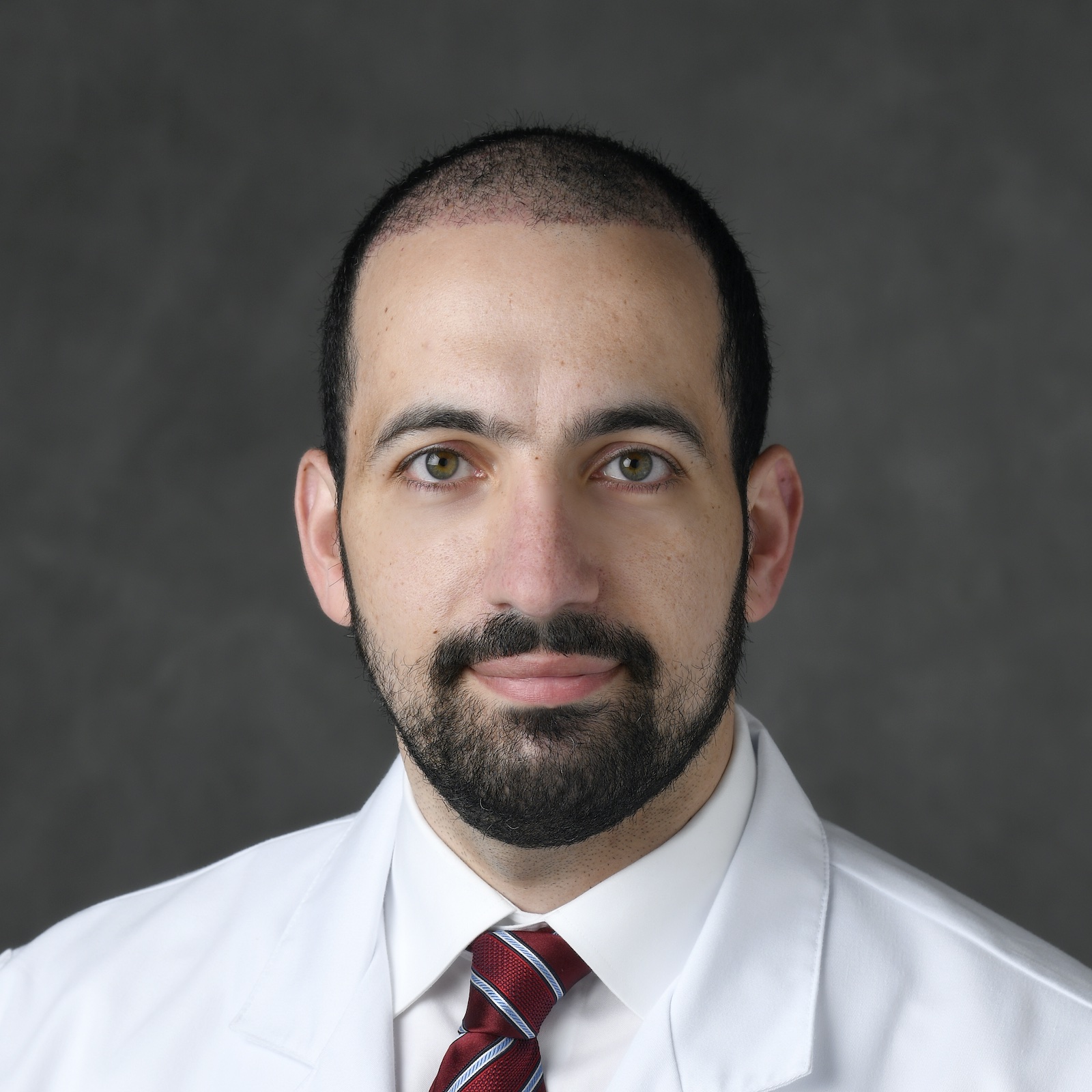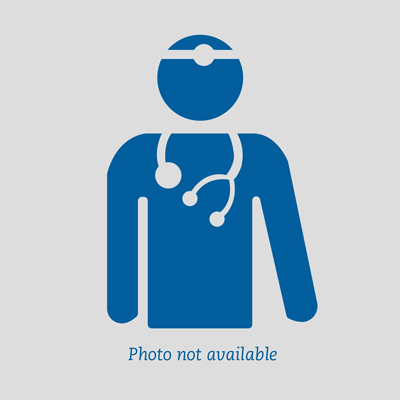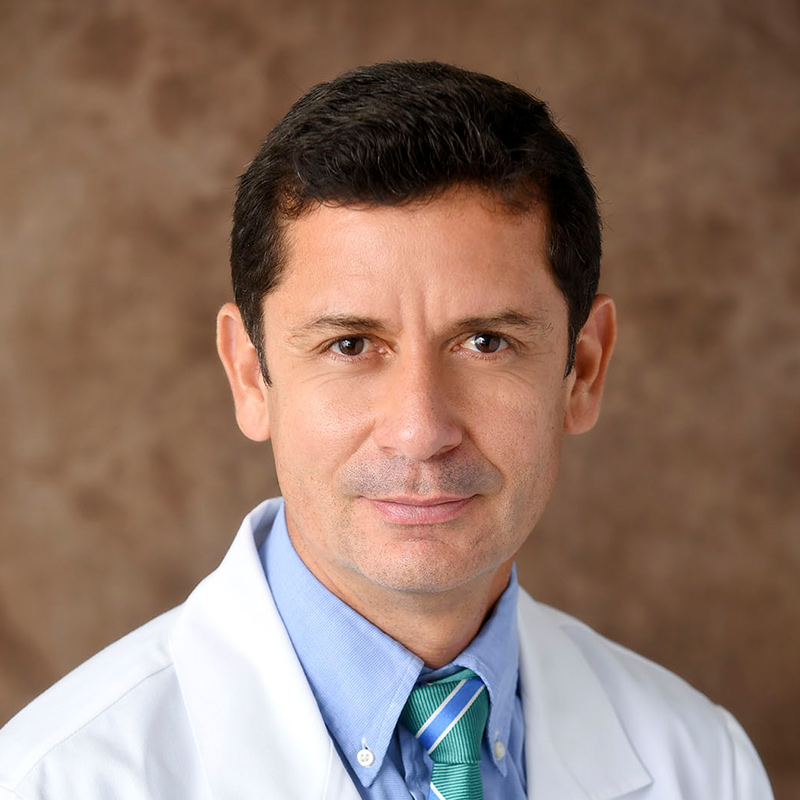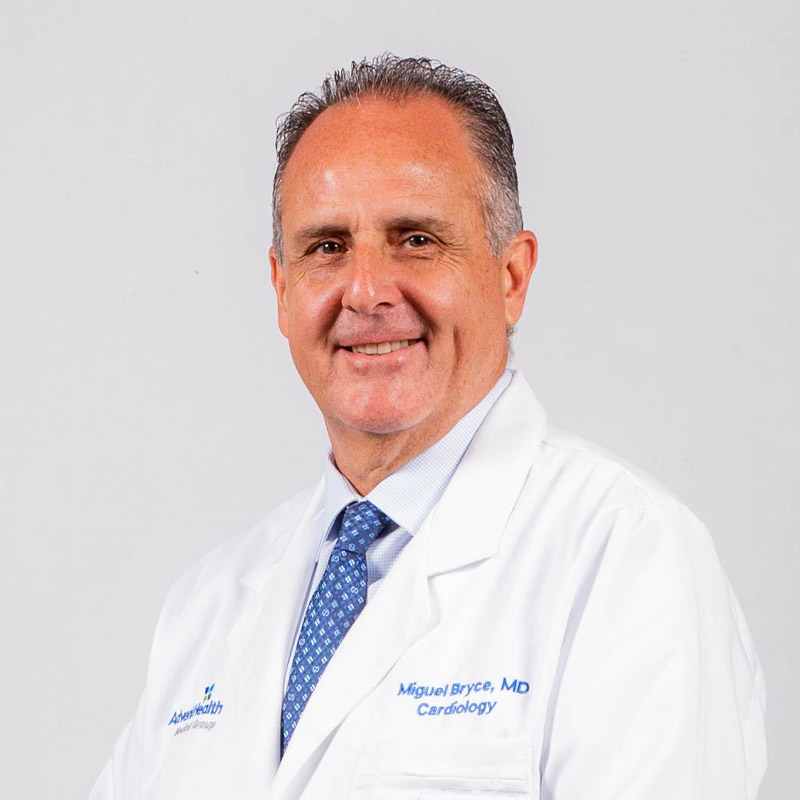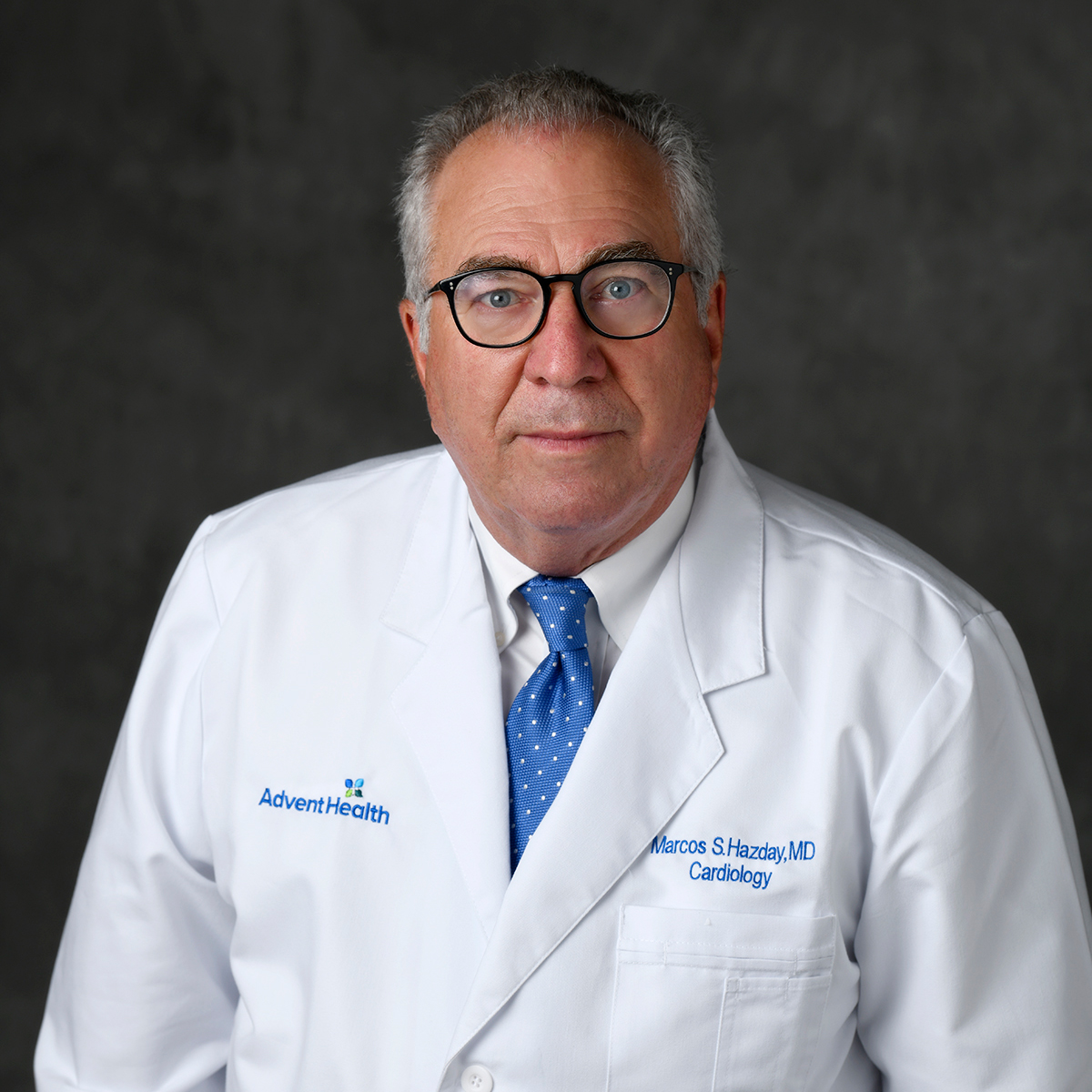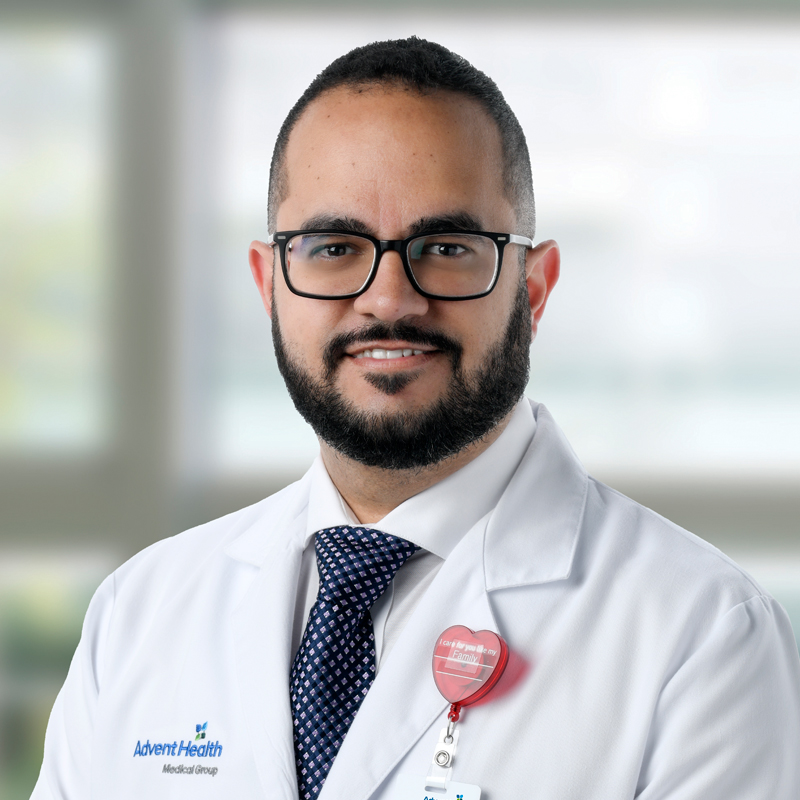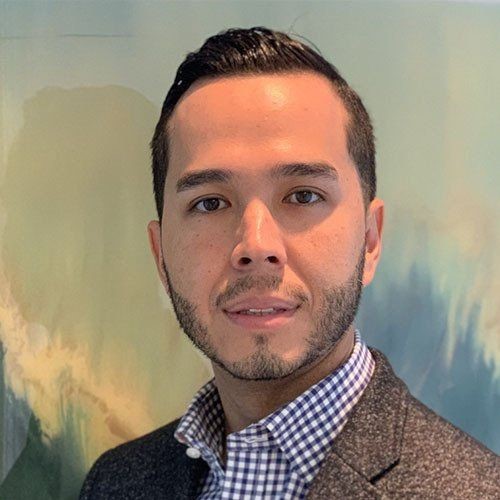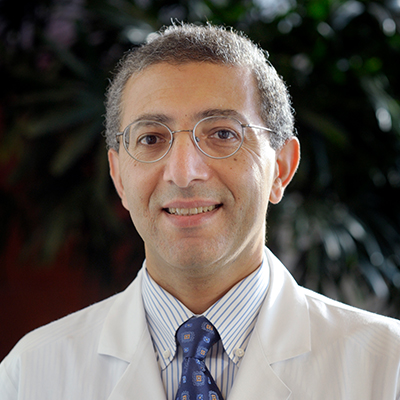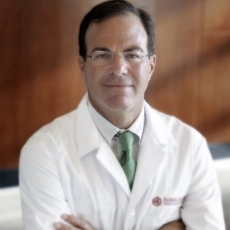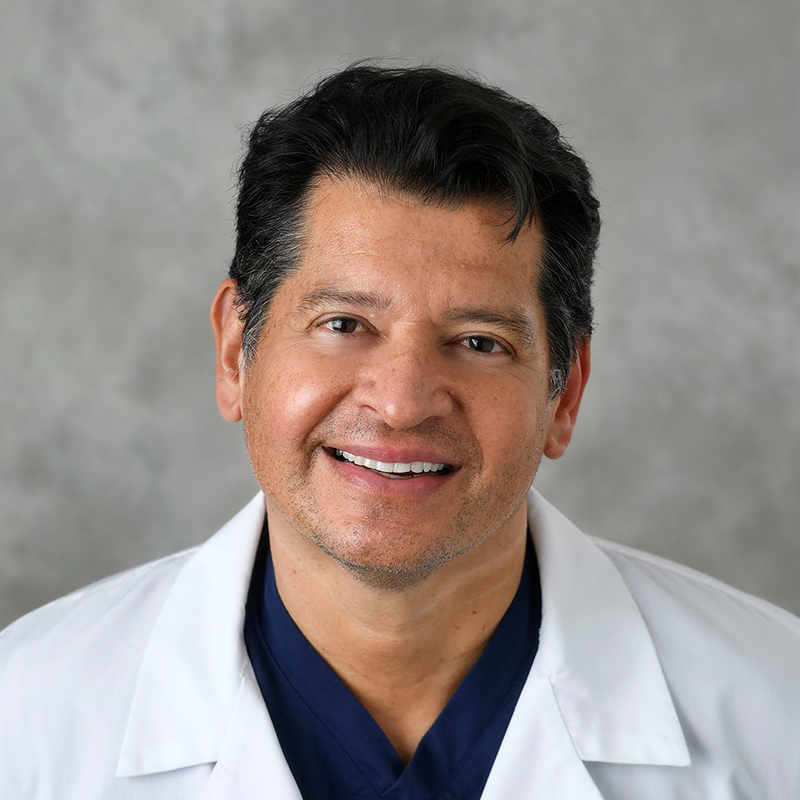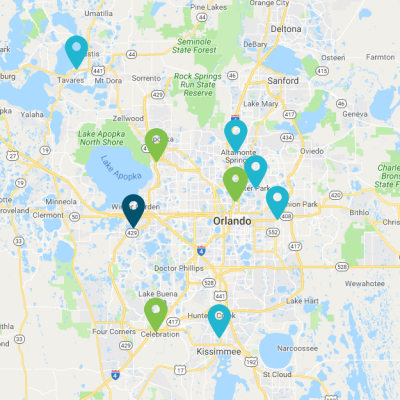AFib Procedures and Surgeries
Procedures: Cardiac Ablation and Pacemaker Placement
Cardiac Ablation
When AFib isn’t treatable with medical therapy, ablation is a nonsurgical, wire-based procedure that uses energy to eliminate the cardiac tissue that’s triggering AFib. Cardiac ablation uses radiofrequency or a laser to destroy the abnormal cells so your heart will beat normally. There are several types of ablation techniques, including a new technology called stereotaxis robotic ablation therapy, which is less invasive and uses softer, gentler catheters to resolve your atrial fibrillation.
Medtronic Micra™ Pacemaker
The Medtronic Micra™ Transcatheter Pacing System (TPS) is a tiny, leadless pacemaker that’s less invasive than traditional implants, leaving you free of chest scars and potential medical complications. Unlike most pacemakers, Micra is leadless and implanted directly into the heart — all in one minimally invasive procedure with no chest incision needed. Because Micra is self-contained within the heart, it eliminates possible medical complications arising from a chest incision and from the wires with conventional pacemakers.
Minimally Invasive Surgery: Convergent Hybrid AFib Ablation
Convergent hybrid ablation is an innovative and minimally invasive surgery to treat AFib. In the first part of this two-part procedure, a surgeon will perform a surgical ablation and place an AtriClip device in the heart to close the left atrial appendage, lowering the risk of stroke. The second part of the procedure happens one to two months later, when an electrophysiologist performs a catheter ablation to reinforce the scar tissue created in the previous surgical ablation. The convergent hybrid ablation procedure is a proven and effective option for people who live with persistent AFib that hasn’t improved with medications or other treatments.
Open-Heart Surgery: Maze Procedure
Designed to disrupt the erratic impulse triggers and circuits that cause AFib, Maze procedures create carefully placed scar tissue lesions within the atria to stop faulty electrical impulses from traveling. This creates only one path the electrical impulse can take, which prevents the atrium from fibrillating. The variations of the Maze procedure range from most to least invasive: the Cox-Maze procedure, Modified-Maze procedure and Mini-Maze procedure. Learn more about different procedures and surgeries in our Heart Rhythm Disorders Downloadable Guide.





